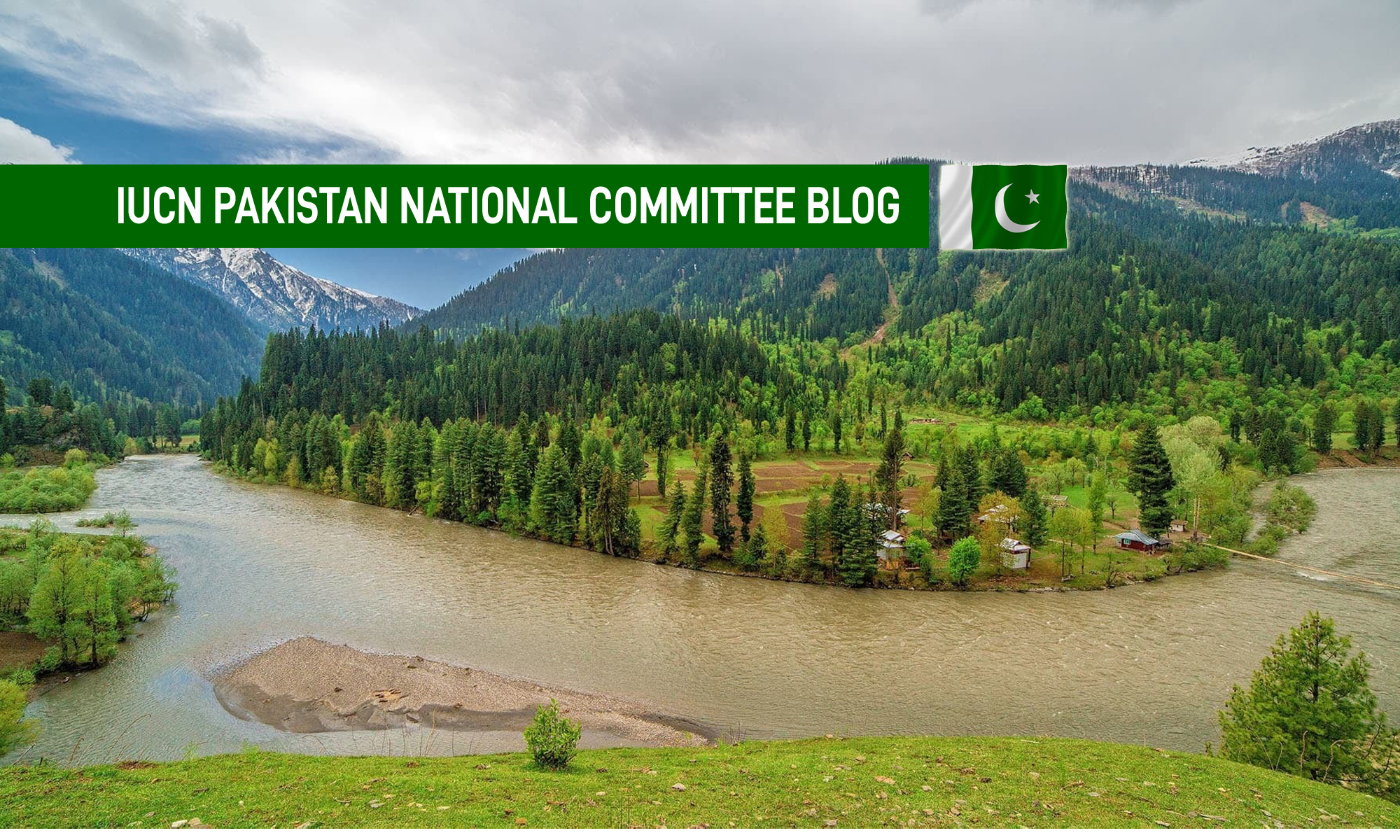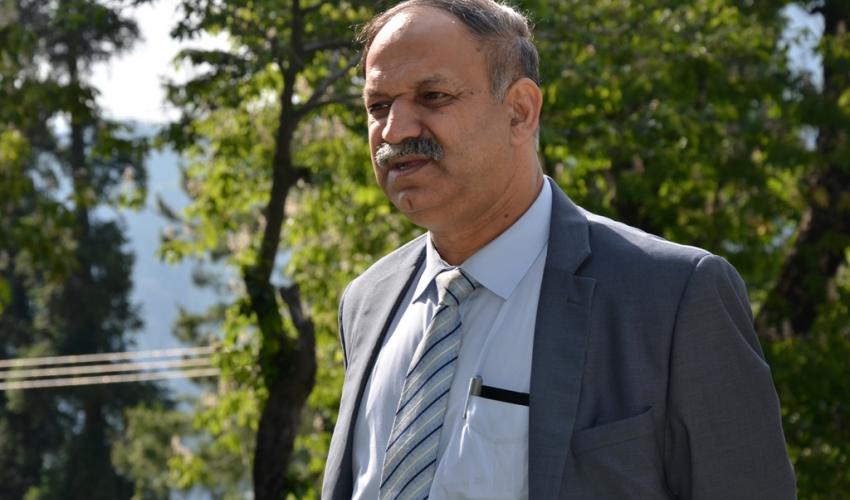Today, the International Day for Biological Diversity is being celebrated to mark the importance of biodiversity on earth. The theme of the International Day for Biological Diversity (IDB) for 2020 is “Our solutions are in nature“.
The mission of IUCN is to influence, encourage and assist societies to conserve the integrity and diversity of nature and ensure that any use of natural resources is equitable and ecologically sustainable. IUCN brings to this challenge the wealth of its nearly 70 years’ experience in biodiversity conservation.
For over 30 years now, IUCN has been a pioneer in nature conservation. It has been the lead institution in the conservation and protection of biodiversity in Pakistan. IUCN’s policies, strategies and plans related to the conservation and management of biodiversity and protected areas are still considered by the federal and provincial governments of Pakistan as critical reference points in the field of Natural Resource Management. It has been facilitating the federal and provincial governments in meeting the national as well as international commitments like the Aichi biodiversity targets, SDGs, Rio Markers, Paris Accord, Clean and Green Pakistan, Recharge Pakistan and most recently the Green Stimulus package of the Ministry of Climate Change Government of Pakistan and more.
IUCN Pakistan had also been instrumental in getting notified a number of protected areas across Pakistan including the Astola Island declared as Pakistan’s first Marine Protected Area. IUCN Pakistan facilitated the process of bringing together all the stakeholders that included: the federal Ministry of Climate Change; Government of Balochistan; Pakistan Navy; National Institute of Oceanography; WWF-Pakistan; Indus Earth Trust; and Sindh Forest and Wildlife Department. To further the agenda of protected areas Pakistan needs to establish national parks and protected areas service to meet international obligations and to promote partnerships with the provinces for better management and to provide financial assistance and share benefits with local populations that can prove useful in protection of biodiversity and promotion of ecotourism.
In the year 2000, IUCN Pakistan has the privilege of being the main partner of the then Ministry of Environment for developing the first Biodiversity Action Plan for Pakistan which was an important milestone and a major step towards conservation of Biodiversity in the country.
In collaboration with the Forest and Wildlife Department, Government of Balochistan, IUCN Pakistan also initiated the process of designating the Juniper Forest Ecosystem as UNESCO’s Man and the Biosphere Reserves. The designating process was led by IUCN Pakistan under its UNDP funded project titled: Mainstreaming Biodiversity Conservation into the Juniper Forest Ecosystem Production with UNESCO Pakistan’s financial support under One UN Programme in consultation with all the stakeholders, local communities and other relevant government departments.
In the past, some of the successfully implemented programmes and projects of Pakistan for conserving the Biodiversity in Pakistan include: Conservation of green turtles along Pakistan’s coasts; conserving vanishing vultures in Tharparkar; conservation of fresh water turtles and the Mountain Areas renowned trophy hunting programme which helped in increasing the dwindling population of Ibex and Markhor in Pakistan while benefiting the local community through conservation incentives. It also worked to benefit the local communities through promotion of herbal and medicinal plant conservation and sustainable use.
IUCN Pakistan assisted the Government of Pakistan in preparation of Pakistan’s Sixth National Report to the United Nations Convention on Biological Diversity in line with Aichi Biodiversity Targets (ABT) 2011-2020 and Sustainable Development Goals (SDGs) 2030 to meet the national as well as global commitment to implement the objectives of UN Convention on Biological Diversity (CBD).
IUCN has been in discussion with Governments of China and Pakistan to ensure environmental safeguards along CPEC. In this regard, IUCN has hosted numerous meetings and delegations from China who have shared their expertise to further the cause of sustainable development in CPEC.
IUCN’s Business and Biodiversity Platform started off with its first chapter at the Port Qasim Area, in collaboration with top-notch private sector companies in Karachi. It has in its short duration launched a million mangroves plantation initiative, engaged businesses to provide their feedback on environmental degradation in the PQA area with a view to environmental betterment, and carried out exposure visits. This is a promising initiative meant to encourage businesses to invest in ecosystems and sustainable development.
IUCN has been promoting Nature Based Solutions and follow its standards. The ongoing Covid-19 pandemic has made it clear that we are completely dependent on healthy and vibrant ecosystems for our health, water, food, medicines, clothes, fuel, shelter and energy and so on and so forth which is perfectly matching with this year’s IDB celebration slogan, which is “Our solutions are in nature”
The theme for the year “Our solutions are in nature” relays a message that our wellbeing is completely dependent on well preserved Biodiversity and Ecosystems. If the biodiversity is threatened, then existence of human beings and animals could be at stake, so being the custodians of the earth human-beings have a major role in conserving and protecting the Biodiversity on this earth. It is the time to focus on nature based solutions, more than ever.
Every year, on May 22, we celebrate the day to renew our resolve and commitment to conserving biodiversity, for the betterment of nature overall and for people as a whole.
Thank you,
Mahmood Akhtar Cheema
Country Representative
IUCN Pakistan
IUCN (International Union for Conservation of Nature)
1 Bath Island Road, Karachi 75530, Pakistan
www.iucn.org










